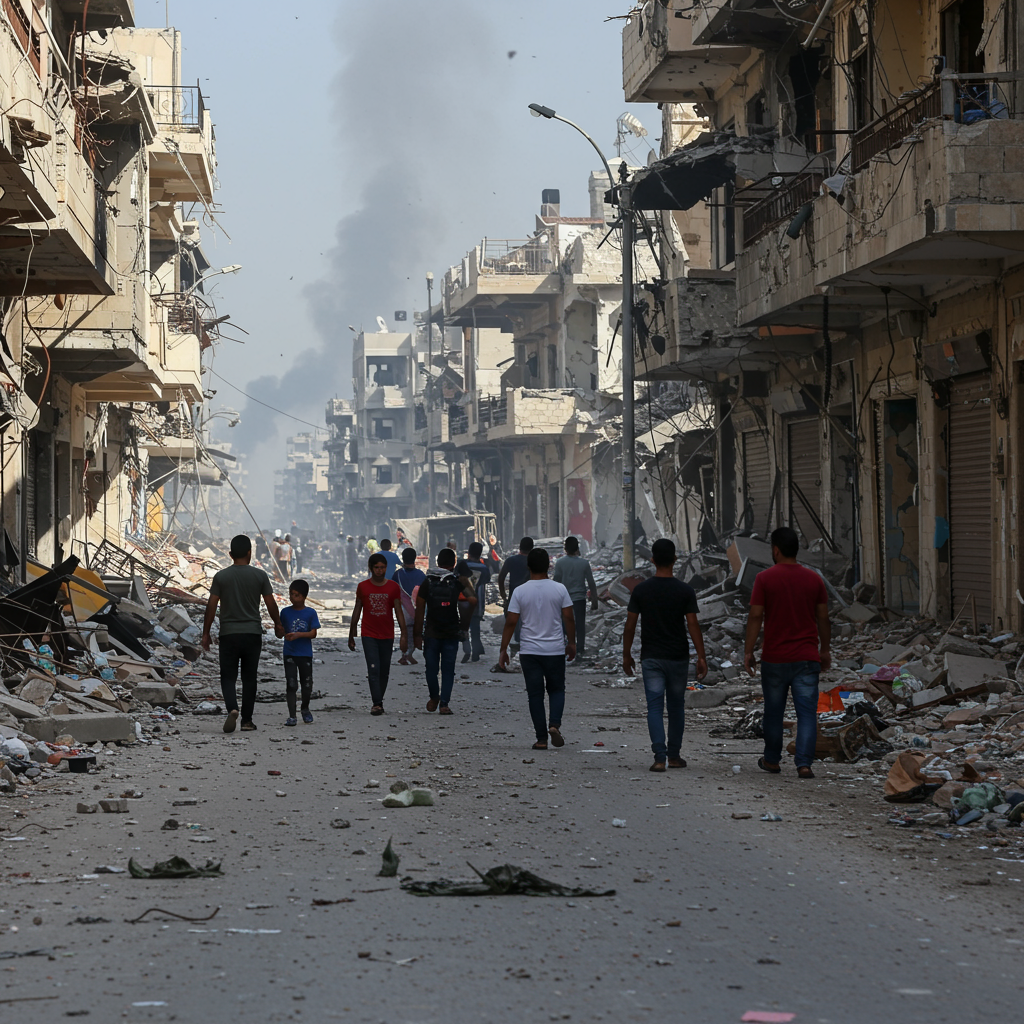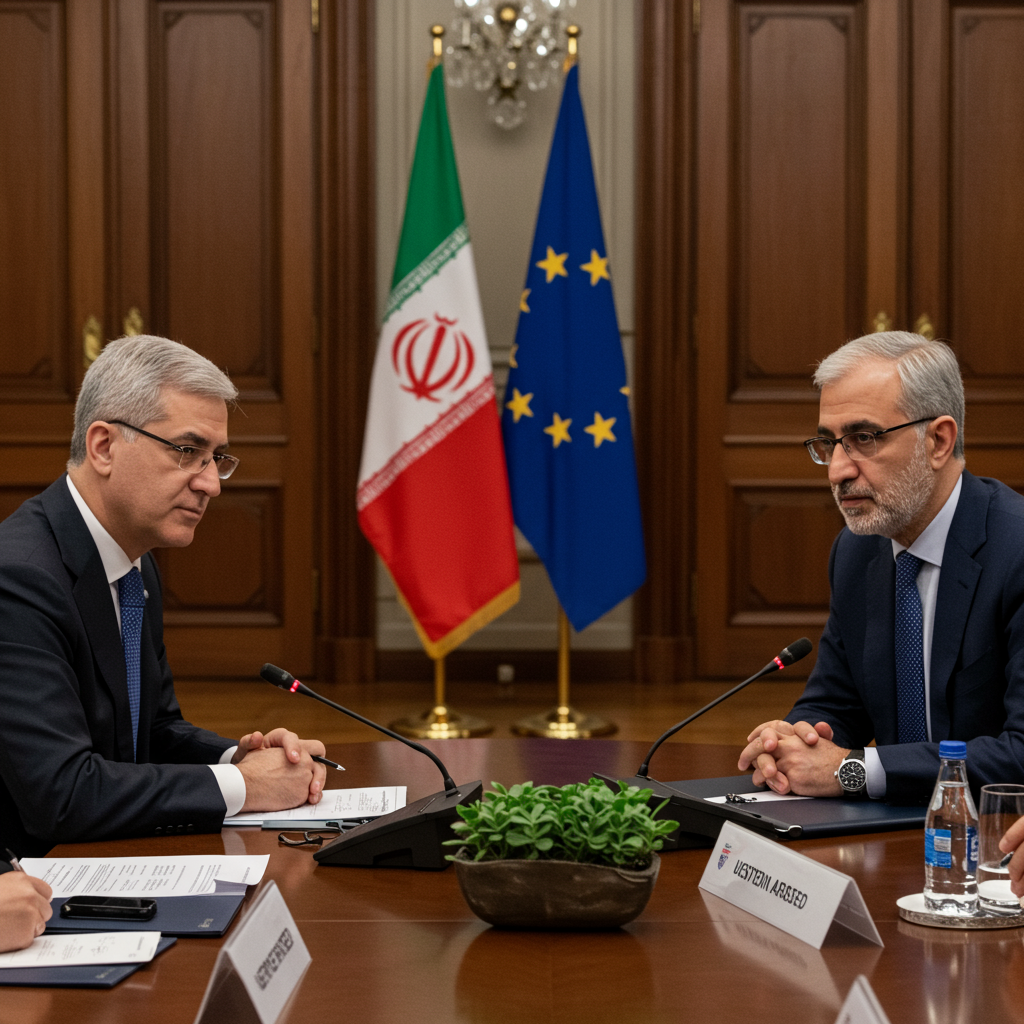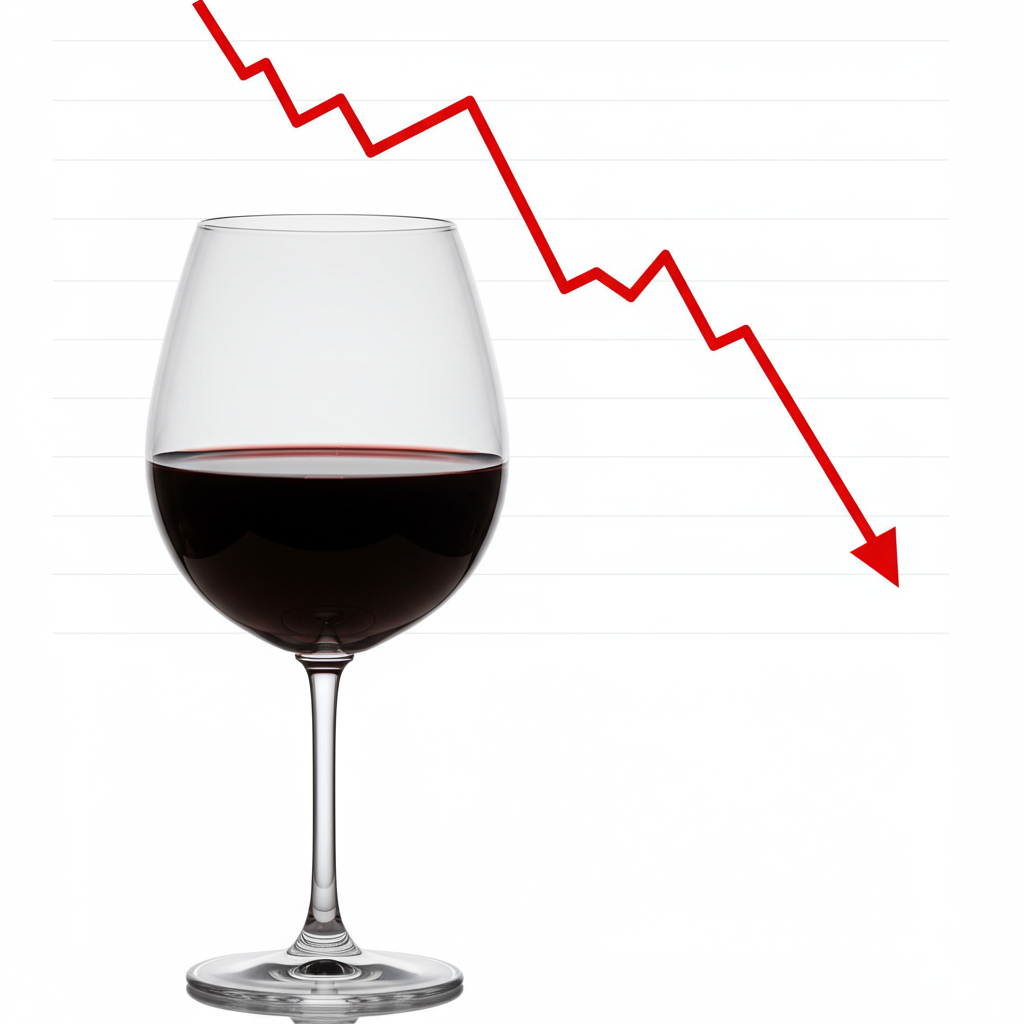Over 140 Palestinians were killed across Gaza in the past 24 hours by Israeli fire and airstrikes, local health officials reported on Wednesday, adding to a devastating humanitarian crisis. The grim toll comes as international attention increasingly shifts towards the escalating aerial exchanges between Israel and Iran, leaving many residents in Gaza feeling their plight is being overlooked.
Deadly Incidents Continue Across Gaza
The fatalities are part of a pattern of ongoing violence impacting civilians throughout the besieged territory. Medics and health ministry officials detailed multiple deadly incidents within the 24-hour period ending Wednesday. These included dozens killed in targeted airstrikes on homes and residential areas in central and northern Gaza, as well as five deaths in a strike on an encampment in the southern city of Khan Younis.
A particularly alarming trend continues to be the danger faced by Palestinians attempting to reach essential humanitarian aid. Reports indicate that at least 14 people were killed by Israeli fire while awaiting aid trucks along a main road in central Gaza on Wednesday. This incident follows a devastating event just a day prior (Tuesday), where over 50 Palestinians queuing for aid in Khan Younis were reportedly killed by Israeli tank shells, with hundreds more wounded, overwhelming local hospitals. Earlier in the week, reports also documented nearly two dozen deaths from gunfire near an aid distribution site on Monday. According to Gaza’s health ministry, the total number of Palestinians killed while seeking food aid since deliveries resumed in late May now exceeds 390, with more than 3,000 injured.
The Israel Defense Forces (IDF) stated they were investigating the reported deaths of individuals waiting for food aid. Regarding other military actions, the IDF maintained it was “operating to dismantle Hamas military capabilities” while taking “feasible precautions to mitigate civilian harm.”
Deepening Aid Crisis and Distribution Challenges
The struggle for survival in Gaza is compounded by severe shortages of food, water, and medical supplies. Humanitarian agencies face immense obstacles in delivering aid effectively. A new mechanism, reportedly backed by the U.S. and Israel and utilizing private security, is now reportedly channeling much of the aid through designated distribution sites guarded by Israeli forces.
However, this approach has drawn criticism. The head of the UN agency for Palestinian refugees recently described the current system for distributing aid in Gaza as a “disgrace & a stain on our collective consciousness.” While Israel asserts its procedures are necessary to prevent aid from falling into the hands of Hamas – a claim Hamas denies, counter-accusing Israel of using hunger as a weapon – the risks to civilians accessing aid remain extraordinarily high.
Feeling Forgotten Amidst Shifting Headlines
As the conflict now stretches into its twenty-first month, many Palestinians in Gaza express a deep sense of despair and feeling abandoned by the international community. The recent escalation in military actions between Israel and Iran, including reports of extensive Israeli aerial strikes within Iran and reciprocal actions, along with heightened diplomatic engagement involving global powers, has dramatically shifted global news headlines and focus.
One resident shared, “People are being slaughtered in Gaza, day and night, but attention has shifted to the Iran-Israel war. There is little news about Gaza these days… Whoever doesn’t die from Israeli bombs dies from hunger. People risk their lives every day to get food, and they also get killed…” While some residents expressed a grim satisfaction in seeing reports of damage in Israeli cities from Iranian rockets, the overwhelming sentiment was the continued suffering in Gaza. “We are maybe happy to see Israel suffer from Iranian rockets, but at the end of the day, one more day in this war costs the lives of tens of innocent people,” said a father from northern Gaza. “We just hope that a comprehensive solution could be reached to end the war in Gaza, too. We are being forgotten.”
Conflict Context
The current war in Gaza began in October 2023 following deadly attacks on Israel by Hamas-led militants. According to Israeli figures, these attacks killed 1,200 people and resulted in the taking of about 250 hostages. The subsequent large-scale Israeli military assault on Gaza has, according to the Gaza health ministry, killed nearly 55,600 Palestinians, displaced almost the entire population of over two million, and triggered a severe hunger crisis. Israel denies accusations of genocide and war crimes made in international forums. As the wider tensions between Israel and Iran capture headlines, fears of a broader regional conflict involving outside powers continue to grow, further complicating the already dire situation in Gaza.




